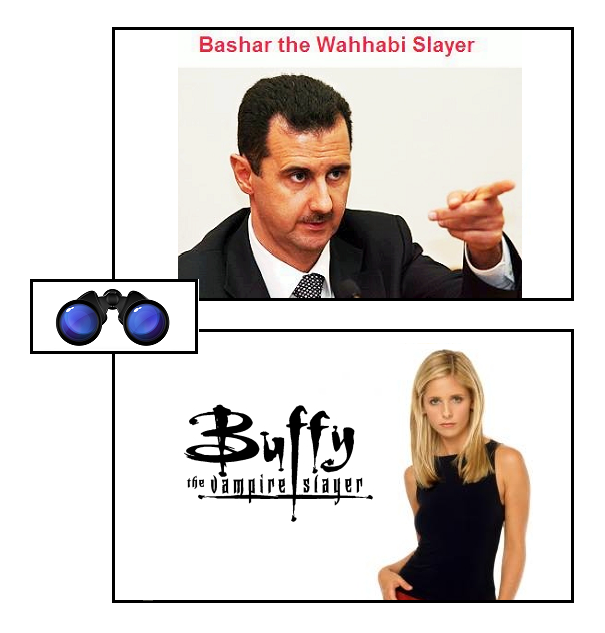[by Lynn C. Rees]
Der erste, der großartigste, der entschiedenste Akt des Urteils nun, welchen der Staatsmann und Feldherr ausübt, ist der, daß er den Krieg, welchen er unternimmt, in dieser Beziehung richtig erkenne, ihn nicht für etwas nehme oder zu etwas machen wolle, was er der Natur der Verhältnisse nach nicht sein kann.
– Carl von Clausewitz
Vom Krieg, Erstes Buch, Über die Natur des Krieges
Does the measure of victory depend on the original intent of a war’s founders? Or is picking winners and losers subject to constantly shifting goal posts since war, once embarked, is a living thing?
War is a three-way tug of envy, opportunity, and design. Design sees war as a tool. Envy sees it as an emotionally-satisfying reckoning. Opportunity happens. Yet they slime together nonetheless, a brood of vipers.
The tugs of war are fueled by politics, the constant and ongoing division of relative strength. Envy, that fear that others in your face have more power than you, fuels politics. And the cure for envy?
- Design how to knock the other guy down six pegs or so.
- Look for opportunities to use the design to acquire a more satisfying political shift.
War is a controlled burn. You can design how and what it will burn, even down to the last dried blade of grass if you wish. But, once lit, fire is an agent unto itself. Sudden wind may gust, sudden rain may fall, sudden tinder may emerge, or the unplanned may wander into the target zone. Even then, fire may keep within the original planned course. But there’s always the threat that it will jump its firebreaks and go where it wills.
In plausibility, the original burn plan is only just a little lower than a fairytale for children. And that’s before the fire’s lit. Afterward, the original burn plan is merely tinder for political struggle, documenting how many fathered victory or how few fathered defeat. Contestants only care about a war’s original intent if they are weaponizing history to club the driver from the commanding heights of the backseat. Otherwise, everyone believes in living war if they’re the poor sucker driving.
There is no original intent in foxholes. War Year I and its discontents may be irrelevant to the concerns of War Year VI. Concerns of politics always change. While it’s convenient to see war and politics as distinct, inconveniently they’re no: they’re one writhing brood of vipers and vipers all the way down. Any boundary between politics and war is arbitrary, nominal, porous, and futile.
Strategy is a postwar massage of ad hoc reconciliations of means, motive, and opportunity into one politically useful fable. Outside that questionable exercise, who mourns original intent? It’s a dead letter. War is a living imperative. The first, the greatest, and most decisive question that politicians in and out of uniform must ask of war is what have you done for me lately?






